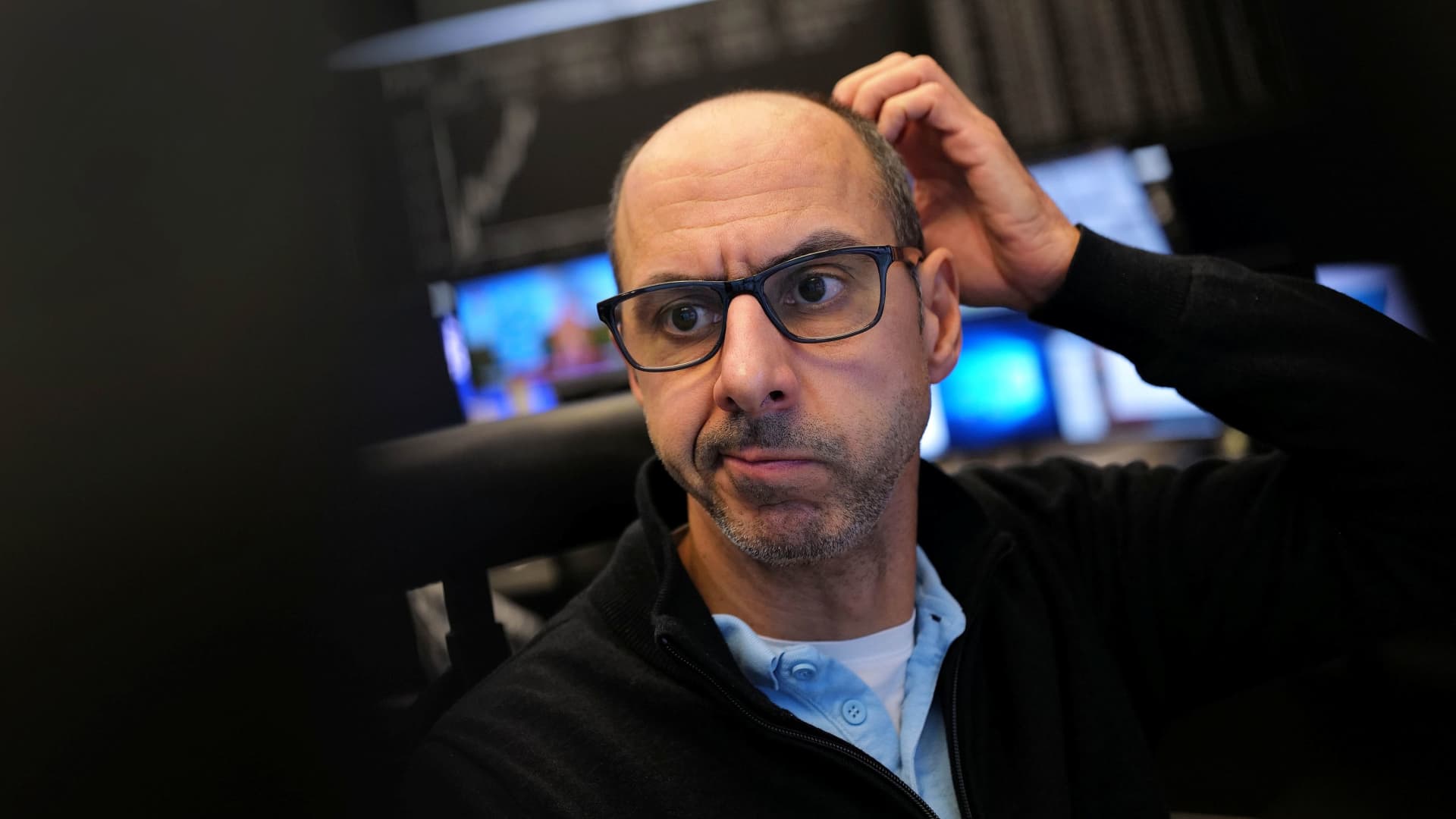
The New York Stock Exchange welcomes executives and guests of Roblox in celebration of its direct listing, March 10, 2021.
NYSE
Roblox, the popular kid’s gaming platform that generates billions of dollars a year in the virtual world, is getting real.
The company said on Friday that some game developers on the platform will be able to charge users real money rather than relying on payments through Roblox’s digital currency called Robux. The change applies only to so-called Paid Access games, or those that cost money to play.
The new model, announced as part of the company’s annual developer conference in San Jose, California, takes a cue from the traditional video game industry, allowing developers to make money from selling titles, and to raise and lower prices based on market demand. Game creators can now more easily sell to users without dealing with an intermediary virtual currency.
The goal “is to increase the appeal the platform to existing developers” who want more options to create and make money from their games, said Manuel Bronstein, chief product officer of Roblox.
Payouts will be on a sliding scale, with higher-cost games resulting in a greater percentage of revenue to the creator.
For a game that costs $50, the creator will pocket 70% of the earnings. Those that cost $30 and $10 will lead to payouts of 60% and 50%, respectively. Roblox users will be able to pay with their local currencies later this year from their computers, and the company plans to expand payments to other devices in the future.

Although the majority of Roblox games will still be free to play, the company hopes that the new pricing plan “creates an incentive” for developers and small gaming studios who “want to do something more grandiose” on the platform and earn bigger payouts, said Bronstein.
“To participate in the broader gaming market, we need to branch out to all the forms of the gaming market,” Bronstein said.
Roblox derives the bulk of its revenue from sales of Robux, which people typically use to buy virtual goods. Roblox takes a 30% cut from those sales, with the developer getting the rest.
Roblox said in August that second-quarter sales jumped 31% year-over-year to $893.5 million, while its net loss narrowed to $207.2 million from $282.8 million during the previous year.
This isn’t the first time Roblox has experimented with incorporating real-world money. Earlier this year, the company debuted a revamped digital marketplace, now called the Creator Store, where developers can purchase certain features from other creators using actual currency instead of Robux. The company’s Avatar Marketplace for buying digital goods like virtual hats still relies on use of Robux.
Other ways Roblox has been trying to diversify its business are through online ads and by giving more users a bigger menu of options for creating and selling digital goods. The company said it will soon introduce tools intended to help developers better price their digital goods, and will experiment with regional pricing options.
Developers will also eventually be able to sell some physical merchandise to U.S. users over age 13 though a partnership with Shopify. The company said Friday it will begin testing the in-game shopping feature with creators, brands and other unspecified online retailers in the fourth quarter.
Shopify said it plans for a “larger launch” early next year.
Roblox shares were down close to 3% Friday afternoon to $42.56, and are now down about 7% for the year, while the Nasdaq is up 11% in 2024.
The stock has dropped close to 40% since its first day of trading in 2021, when Roblox’s business was booming as kids flocked to the app during the pandemic.
WATCH: Final trades: Roblox, SLB, Visa and Booz Allen







